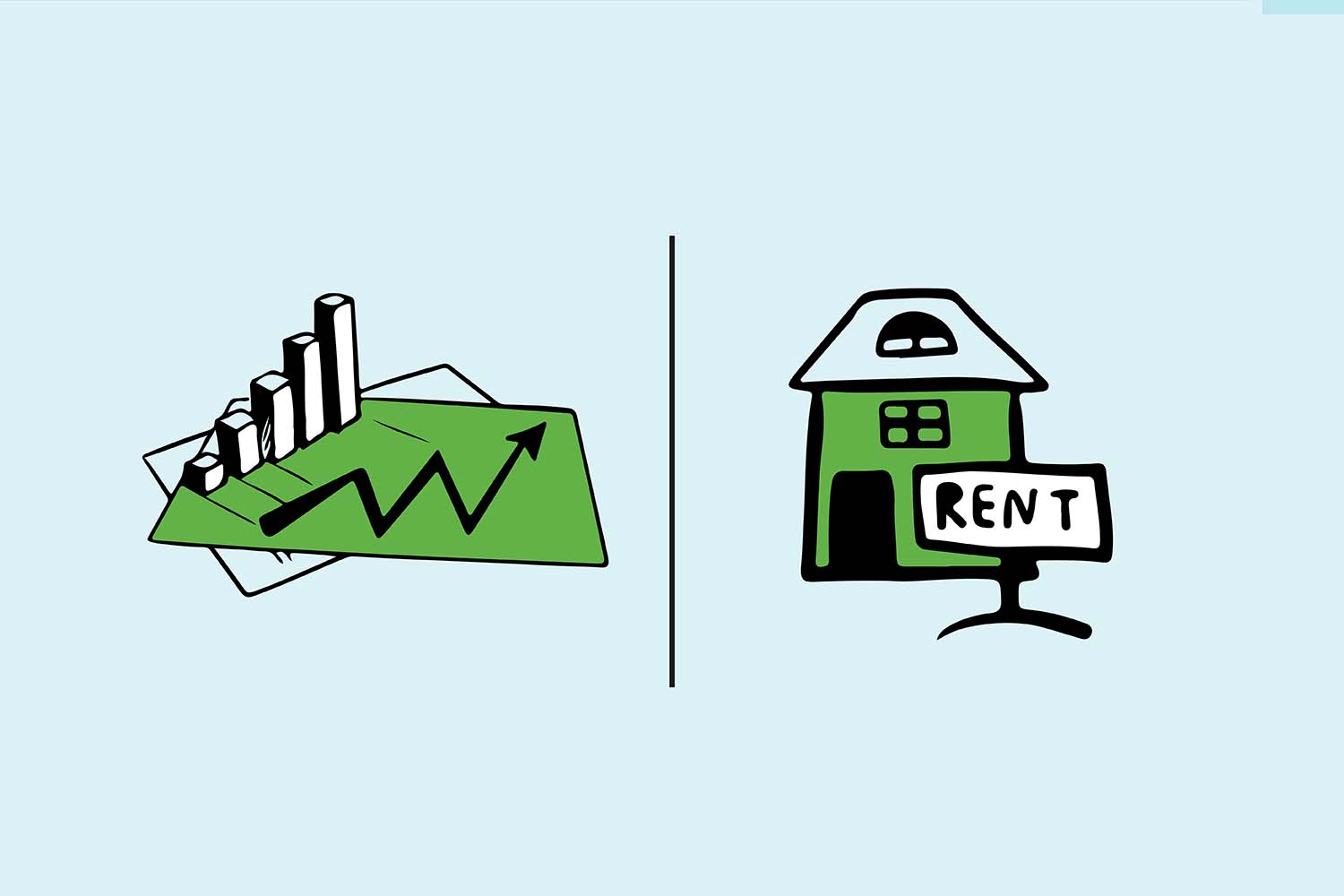Background
Building a sustainable investment portfolio requires the ability to make good investment decisions. Your decision-making activities start with defining your investment goal. Next up is defining your financial budget which is followed by a decision on which asset classes work for your goals and finally a decision on how often you intend to invest on a monthly, quarterly, or annual basis.
Deciding on which asset class or investment options work for you can be tricky if you do not have a strong understanding of the categories of investment options. Most investment management companies define 2 categories of investment; traditional investment options which include stocks, bonds & cash, and alternative investment options which include any investment options that does not fit in the traditional category.
Each category has investment options that offer varying benefits, risks, and rewards. Traditional investment options quite conventional and regulated while alternative investment options are typically high risk and high reward. It all depends on your investment goal and risk appetite.
Let’s get into defining the two broad investment categories.
Traditional Investments
Traditional investment options as the phrase implies are the classic assets in financial markets. They include stocks, bonds & other fixed income assets, and cash. Most traditional investment options are traded in financial markets. This implies they are liquid and can easily be bought or sold on a public exchange.
- Stocks
Stocks, also called equities, are units of company shares traded on stock exchanges. Companies looking to raise capital approach the stock market to sell units of their companies to investors. Investors who buy these stocks are referred to as shareholders. These stocks can be sold on any trading day if the stocks are listed publicly on the stock market. Investors earn from owning stocks in two broad ways; receiving dividend payments as a share of the company’s profits or earn from capital gains from selling their stocks at a price higher than they bought it.
Stocks are one of the oldest and most popular financial assets. The Amsterdam Stock Exchange was the first stock exchange to ever exist, and it was established in 1611. The Dutch East India Company was the first publicly listed company. The Nigerian stock exchange was established in 1960.
- Bonds & other fixed income assets
Bonds are debt instruments used by government and corporate organizations to raise long-term funds for capital projects. Investors who choose to lend to the government and corporates through a debt instrument earn interest payments on a quarterly or semi-annual basis. Bonds are categorized as fixed income securities because most bonds pay investors a fixed interest payment over the tenor (investment period) of the bond. Other examples of fixed income assets include treasury bills and commercial papers. Unlike bonds, treasury bills and commercial papers have short tenors (less or equal to a year) but they are similar in terms of fixed interest payments. In some financial markets treasury bills are referred to as zero coupon bonds.
Bonds issuance dates back to 2400BC in Nippur Mesopotamia (modern-day Iraq)
- Cash or cash equivalent
These includes cash and other liquid assets. Liquid assets are assets that can easily be converted to cash. Examples in this category include fixed deposit accounts, banker’s acceptance, and other financial instruments with tenors less than 3 months.
Alternative Investments
Alternative investments are assets that do not fit into any of the traditional investments category. These assets are a lot riskier than traditional assets and are not as liquid as traditional assets as most of them are not traded in financial markets. They also provide higher returns on average than traditional investments.
- Private Equity/Venture Capital
While private equity is a type of private funding made available to matured companies that have been able to consistently grow revenue & profit over the years, venture capital is funding provided to early stage or emerging companies that have shown strong growth potential but lack the funds to scale. The difference between private equity and traditional stocks is private equity investment is done in non-quoted companies while traditional stocks, also known as public equity, is done in companies quoted on the stock exchange.
This type of investment is high risk but can be very rewarding. Private equity and venture capital investing is typically only available to institutional investors, HNIs and qualified investors.
- Commodity
A commodity is an economic good (mostly a natural resource). Commodities are used as inputs in the production of other goods and services. Commodities are categorized into soft commodities (livestock and other agricultural products) and hard commodities (gold, iron ore, silver, crude oil etc.) Commodities, such as precious metals, are seen as a good hedge against inflation. This is because the cost of scarce assets moves in tandem with inflation.
- Collectibles
These are objects considered to be valuable to a collector. They are items that are believed to be worth more than the price they were purchased because they are limited in supply or very popular. Examples include stamps, coins, antiques, artworks etc.
Collectibles are sought after for various reasons, but most investors invest in them for the likelihood of a possible increase in value. It is important to note that some collectibles may need to be kept for many years to become valuable.
Real Estate - Real estate is broadly defined as land including everything that lies above and below it, the things permanently attached to it and all the rights of ownership that comes with the land. While it is sometimes categorized as a traditional asset, it is most of the time categorized as an alternative asset because investing in this asset is not entirely regulated neither is it securitized for the most part. There are securitized investment options that have been created for real estate such as Real Investment Trusts (REITS) and these are regulated to protect investors.
Traditional Investment Vs Alternative Investment
Traditional investments are quite different from alternative investments. We highlight some of their difference here
- Liquidity
Traditional investments are traded in financial markets making them liquid and easily accessible. Alternative investments, by nature, are not traded in financial markets and so, are not as accessible and liquid as traditional investment options. Today, there are innovative technology companies that provide tokenized or securitized versions of alternative investment options; however, one must tread carefully as they are all not fully regulated.
- Investment Minimums
Traditional investments are a lot cheaper than alternative investments. This is why a lot of retail investors hold stocks and bonds but cannot invest in assets like private equity and venture capital. Most alternative investments are high ticket and risky, they are available mainly to institutional investors, HNIs and qualified investors.
Regulation – Unlike traditional investments, most alternatives investments are not regulated, and their trades are not as transparent as trades on traditional investment. This implies alternative investment options require a lot more due diligence than traditional investment options as Ponzi schemes exploit the structure of alternative investment options to take advantage of unsuspecting investors.
Which should I invest in? Traditional or alternative investment?
Both investment types have their pros and cons. While alternative investment options provide higher returns, they are high risk and mostly unregulated. Traditional investments options provide higher liquidity but can also be very risky. Stocks are one of the riskiest assets subject to market volatility.
A mix of investment options in both categories can create a diversified portfolio. Alternative investments have low correlation with traditional investment. This implies having both categories of assets in your portfolio will your exposure to risk. Assets like real estate and commodities are a good hedge against inflation as their prices move in tandem with inflation. Institutional investors like pension and endowment funds invest about 10% of their portfolios in alternative investments, you can consider a similar structure based on your goals, financial budget, and risk appetite.
In conclusion, every investment comes with its risk and reward. It is important to access the risk and reward that comes with each investment and decide if it works for your investment goals and strategy.




